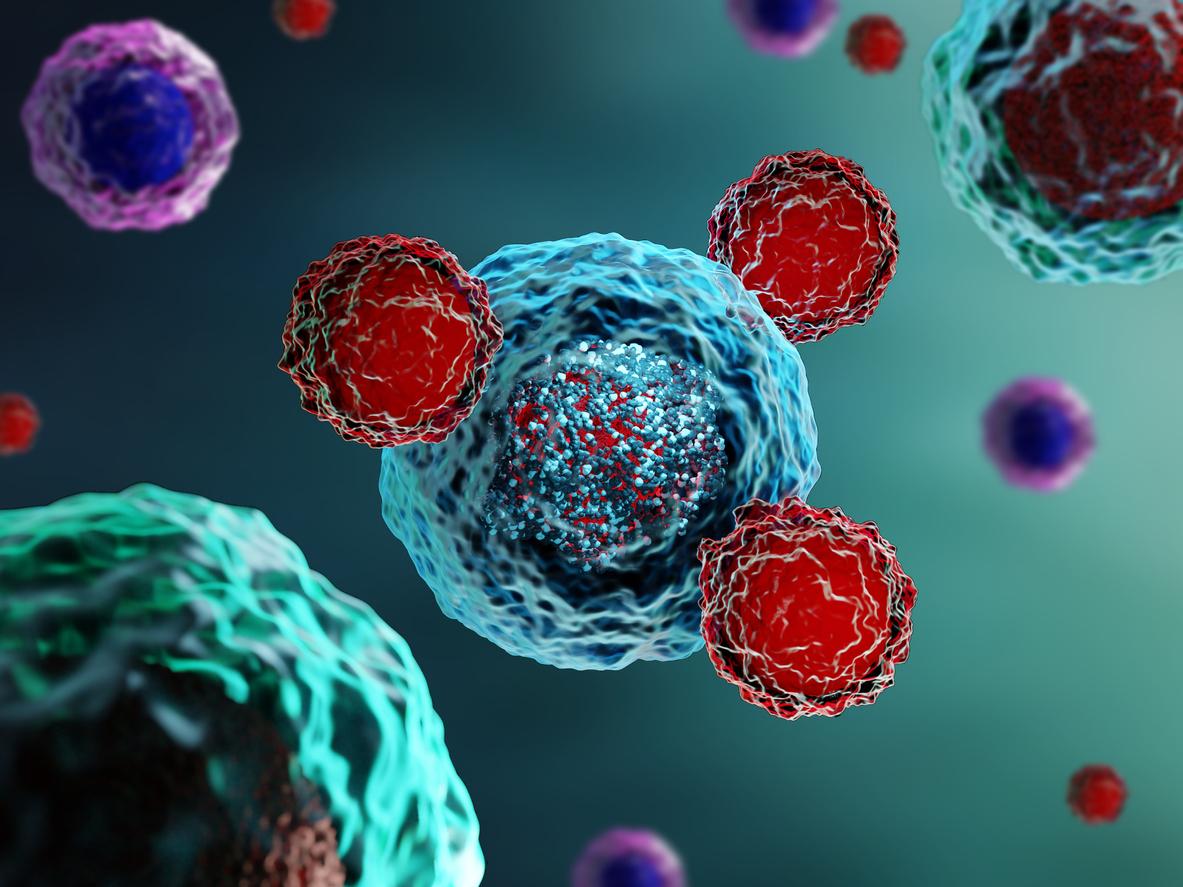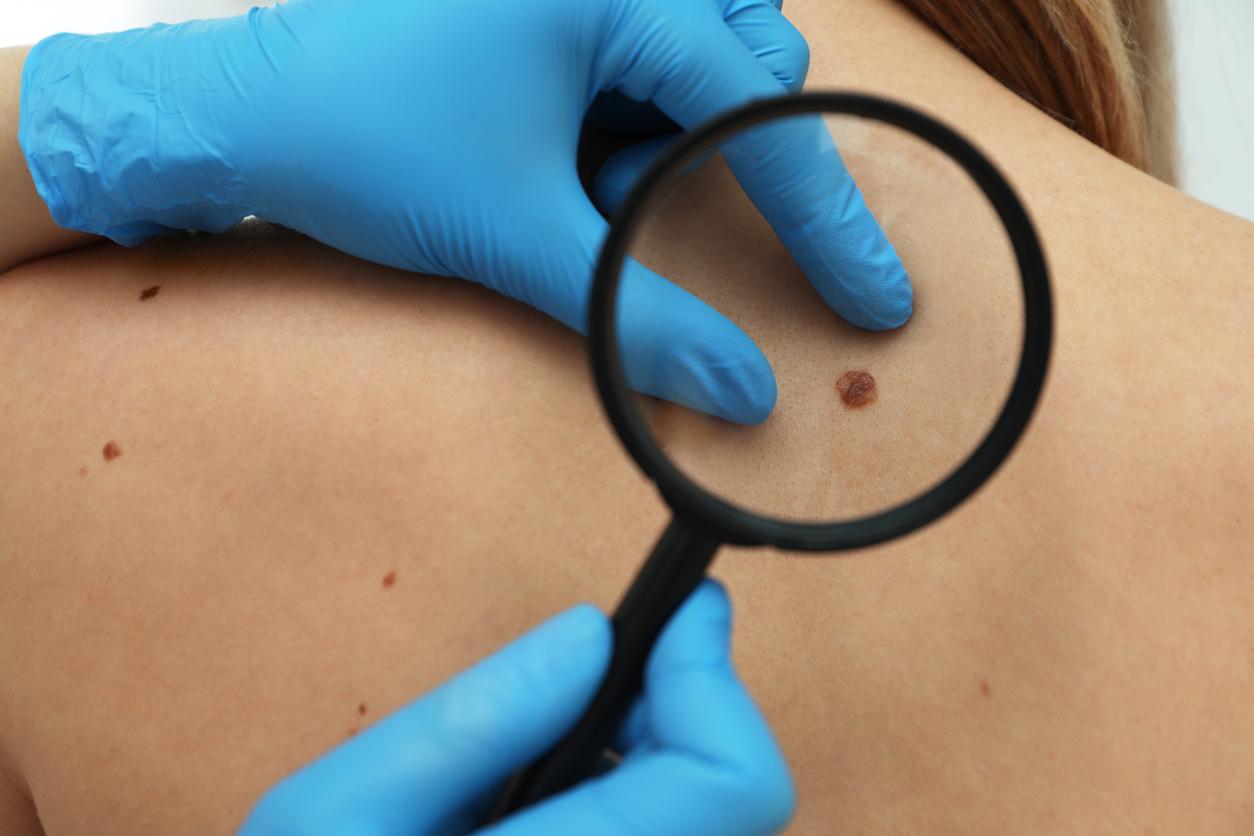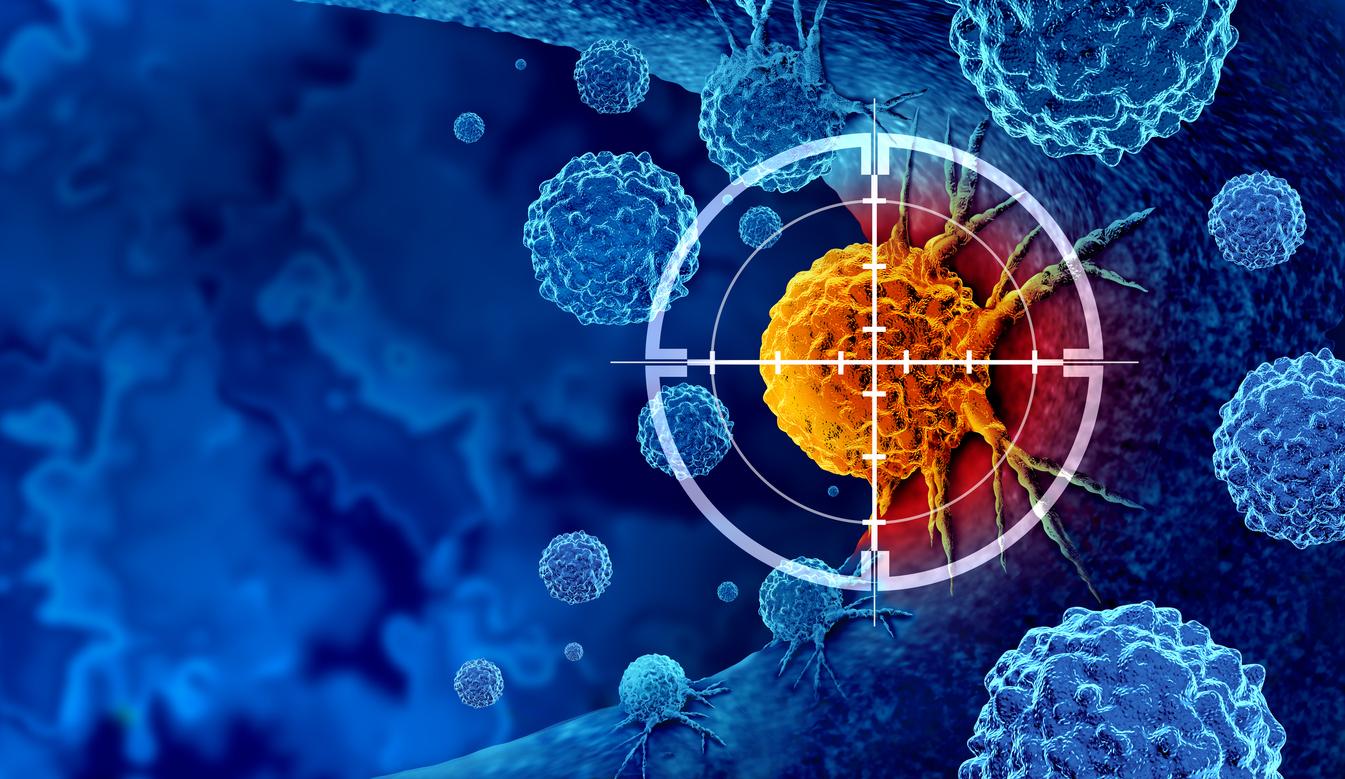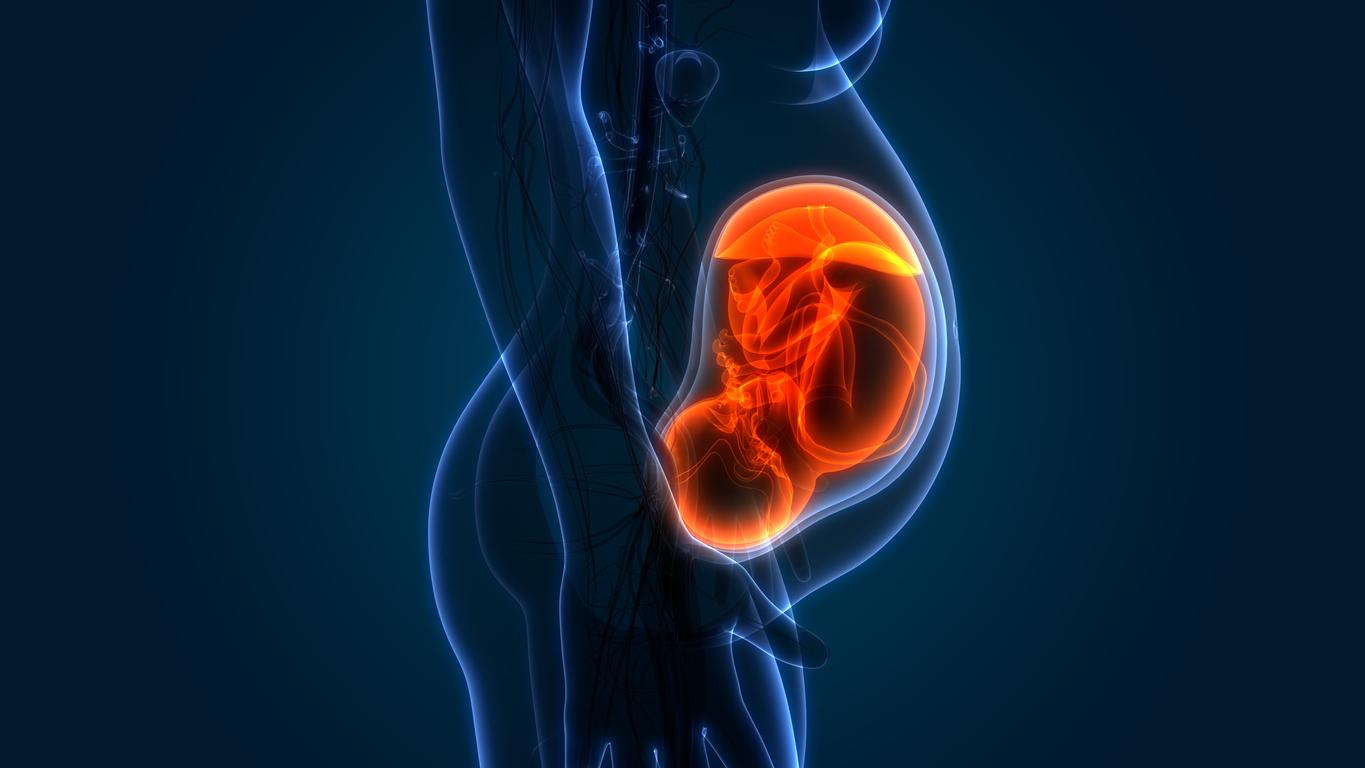Fecal transplantation improves the health of the gut microbiota, which helps to enhance the effectiveness of immunotherapy in people with melanoma.

- Immunotherapy is one of the main treatments for advanced melanoma, but it is not effective in all patients.
- A fecal transplant could improve its effectiveness, by acting on the health of the intestinal microbiome.
- This type of transplant could also be used for other types of cancer.
Our gut microbiome contains more than a thousand different species and its role in the body is very valuable. When it is out of balance, it can lead to different diseases, but it could also reduce the effectiveness of certain treatments. This is explained by Canadian researchers in the journal Nature. They found that in people with melanoma, fecal transplantation improves the health of the microbiota and thus increases the effectiveness of immunotherapy.
What is the link between microbiome and cancer?
This type of treatment is used to stimulate the immune system so that it can attack and destroy the cancer. “Although these drugs can significantly improve survival outcomes in people with melanoma, they are only effective in 40-50% of patients. note the authors. Previous research has suggested that the human microbiome, the diverse collection of microbes in our body, may play a role in whether or not a patient responds to treatment.“To improve the health of the microbiome, in case of imbalance, it is possible to perform a fecal transplant. It consists of”collecting stool from a healthy donor, screening and preparing it in the laboratory, and then transplanting it into the patient”, develop the authors. It will allow healthy bacteria to develop in the intestine so that the balance is restored.
Fecal transplant, a treatment compatible with immunotherapy
The Canadian researchers therefore tested this method in a trial involving 20 patients, all suffering from advanced-stage melanoma. This skin disease affects melanocytes, skin cells. Participants received approximately 40 fecal transplant capsules orally, in a single session, one week before starting immunotherapy treatment. This phase I clinical trial had the primary objective of verifying the tolerance of the drug by patients: the scientists found that the combination of the two was not dangerous. “The study also found that 65% of patients who retained the donor microbiome had a clinical response to the combination treatment.”, they observe. Phase II trials have already started in Ontario and Quebec, and will help to learn more about the effectiveness of fecal transplantation to improve the effects of immunotherapy.

Fecal transplants, a future treatment for different types of cancer?
“We have reached a plateau in treating melanoma with immunotherapy, but the microbiome has the potential to drive a paradigm shift.” welcomes Dr. Bertrand Routy, oncologist and director of the Center du microbiome of the Center hospitalier de l’université de Montréal. Given these results, the scientists plan to extend the device to other diseases, such as renal cell carcinoma, a form of kidney cancer, pancreatic cancer and lung cancer, as well as HIV and arthritis. rheumatoid.

















